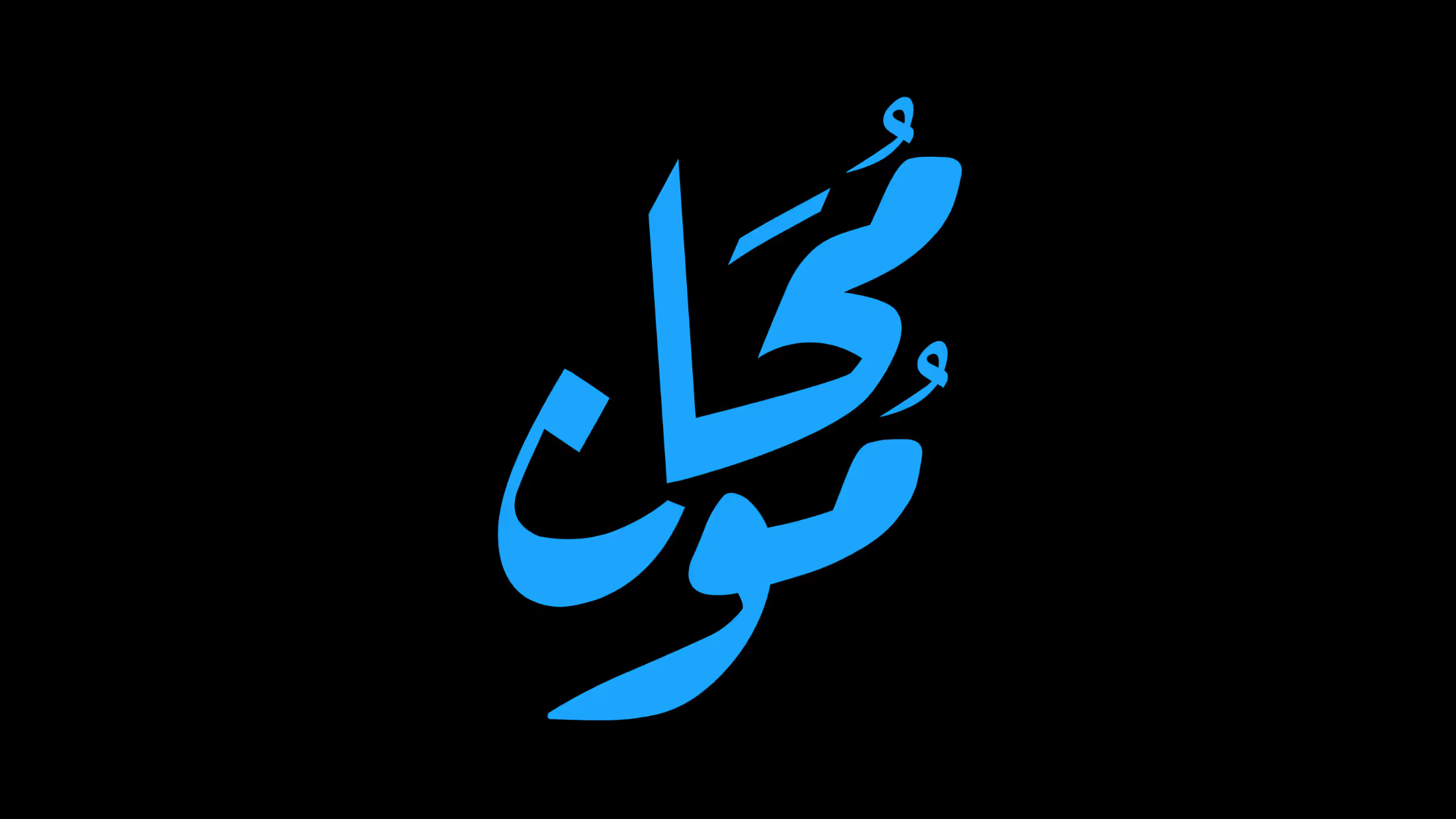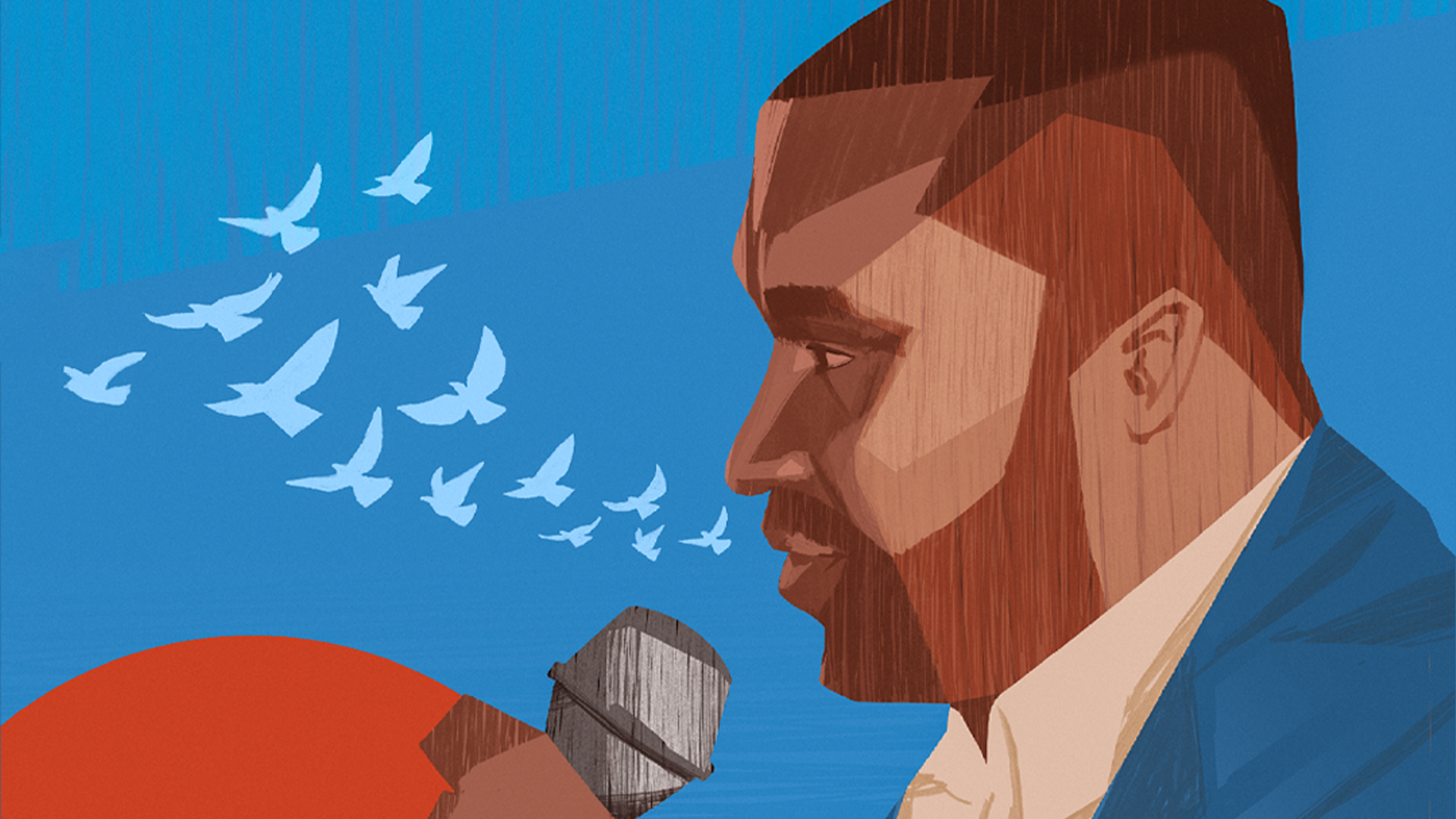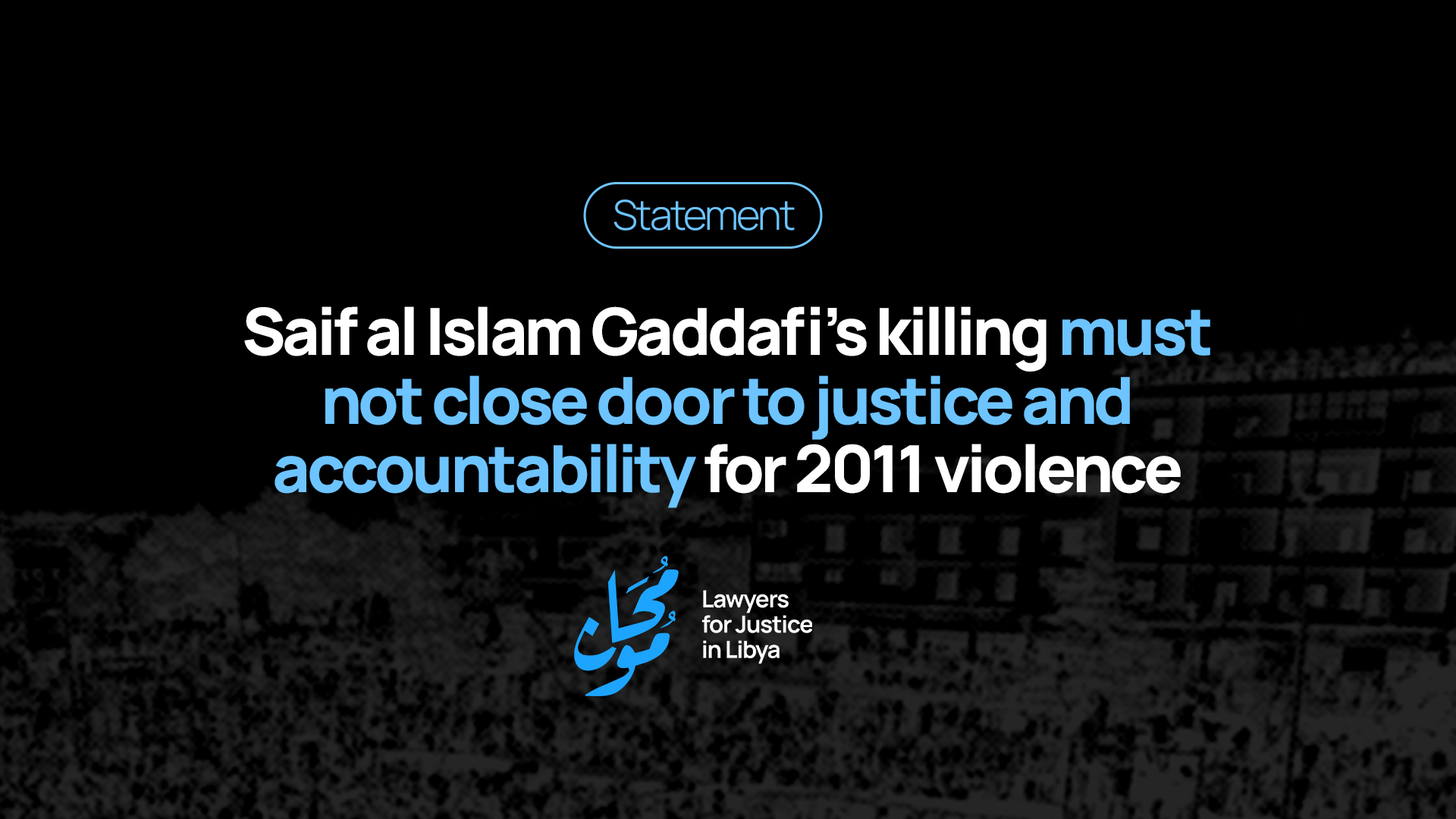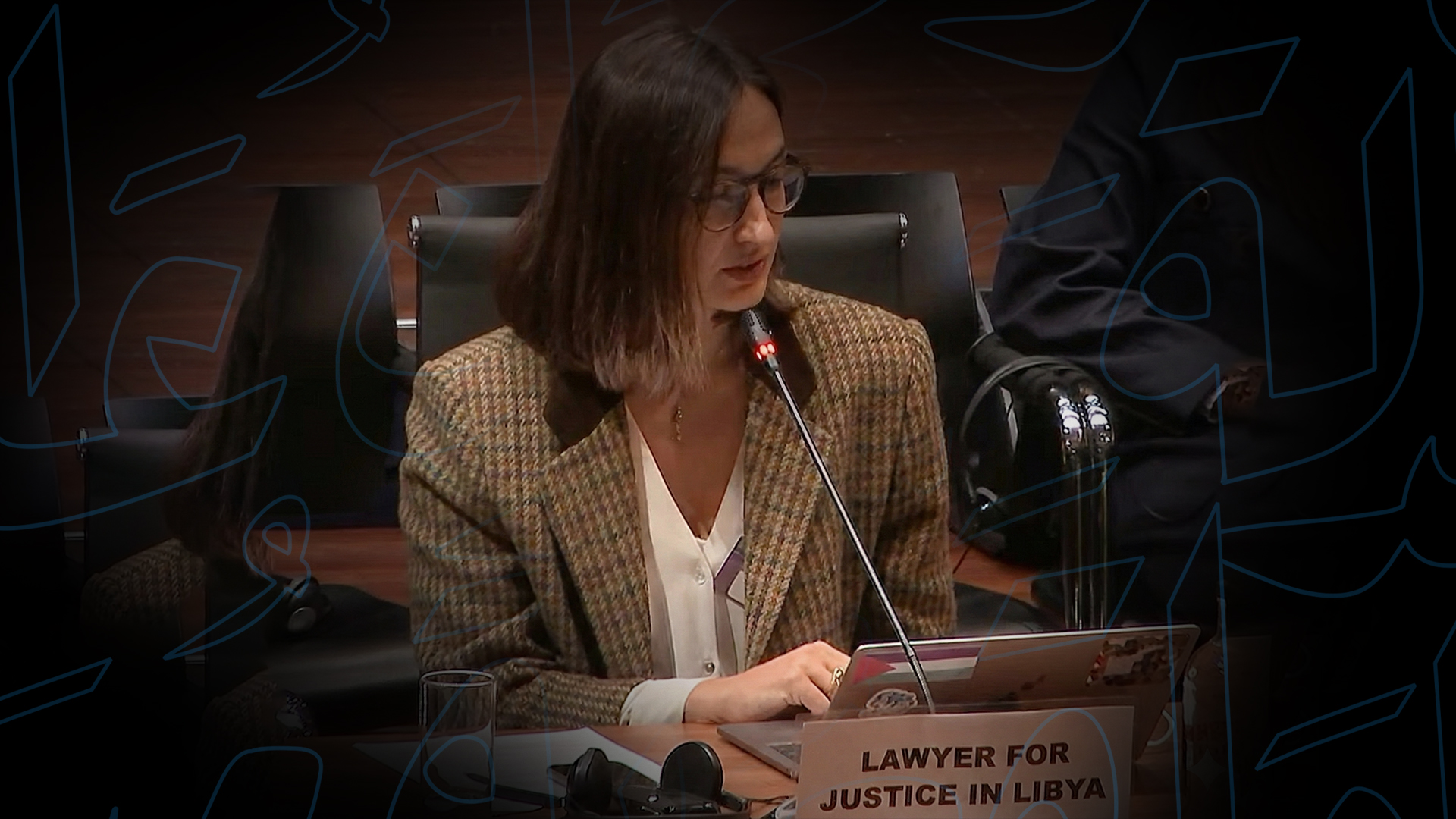LFJL condemns recent setbacks on World Press Freedom Day
On the occasion of World Press Freedom Day, LFJL is concerned by the negative developments of the past year in relation to the rights to freedom of expression and information. Despite the provisions contained in Article 14 of the 2011 Constitutional Declaration and Libya’s international obligations, the government has failed to uphold these rights and protect adequately those working in the media sector. Journalists live in constant fear for their lives due to the country’s lack of security and deteriorating rule of law. They regularly face harassment, threats and attacks, which are often carried out by non-state actors in retaliation to criticism of their actions.
There have been reports of three Libyan media workers killed in the last 12 months. TV presenter Azzedine Qusad, from the television station Libya Al-Hurra, was killed in August 2013 by three gunmen while in his car. Photojournalist Saleh Ayyad Hafyana was shot dead while documenting anti-militia protests in Tripoli in November, and Radwan Gharyani, owner and manager of radio station Tripoli FM, was killed in December by unknown perpetrators for unknown reasons. These cases, along with several kidnappings and narrowly-escaped attempted assassinations of journalists, are evidence of the deterioration of the situation of Libyan media workers over the past year.
The increased hostility of the working environment for journalists in Libya can also be linked to the adoption by the Libyan government of laws that hinder the full enjoyment by citizens of the right to freedom of expression and pose major constraints on media freedom. Most recently, Law 5 of 2014 criminalised any action that may harm or prejudice the February 17 Revolution, as well as insulting remarks directed at the executive, judiciary, and the legislator or any of their members. This law clearly endangers the right to express opinions freely, and diminishes the government’s accountability by legislating for the suppression of criticism.
In addition, a number of journalists have been imprisoned for defamation and blasphemy, based on Gaddafi-era articles of the Libyan Penal Code which are in contradiction with Libya’s democratic aspirations and Constitutional Declaration. An example is provided by the case of Amara Al-Khitabi, editor of the newspaper Al-Umma, who was arrested in November 2012 for the publication of a list of 87 judges and prosecutors suspected of corruption. He has been charged with “insulting of constitutional or popular authorities” and could face a 15-year prison sentence under Article 195 of the Penal Code. At the time of writing, a decision on his case is still pending.
LFJL, on the occasion of the World Press Freedom Day, calls on the Libyan government to review Libyan legislation that violates freedom of expression and the freedom of the press. LFJL director, Elham Saudi, commented: “These laws represent a dangerous setback for Libya’s transition to democracy. The government has an obligation, based on both its domestic and international commitments, to protect freedom of expression and information, which are fundamental human rights and cornerstones of democracy. A free press is essential for guaranteeing these rights, as it enables free flow of information as well as ensuring accountability and transparency within the state, representing a fundamental component of democratic governance.”





